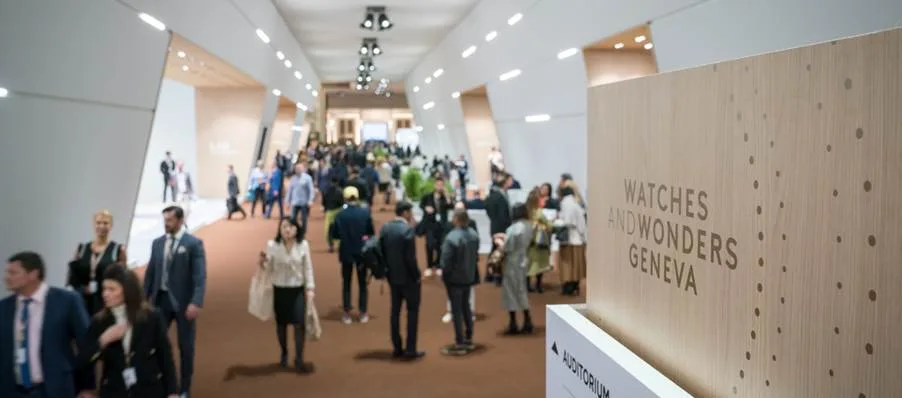The true power of Artificial Intelligence is yet to be properly understood in the full ‘self-aware’ sense (as science fiction describes it), but there are many aspects of this exciting future state which are already here and others that are fast-emerging.
Currently, we are benefitting from many advances in AI in our everyday lives. Bought a flashlight lately and had the recommendation engine on Amazon pop up with a suggestion of compatible batteries? Noticed that Google’s clever search algorithms mean it can find the answer to any question, no matter whether you spell it correctly or not? Happy when Netflix shows you the most relevant content? All of these are the result of AI infiltration.
As well as impacting our personal lives, there is increasing debate around what artificial intelligence means for the workplace – in particular with creativity and decision-making in jobs. To understand this further, I will explore how AI is impacting creative industries, like architecture, advertising and filmmaking.
Some of the world’s most forward-thinking architecture studios are making exceptional use of AI’s predictive analytics and image generation capabilities. London-based practice Spacelab uses machine learning and virtual reality in order to visualise their architectural drawings in a very tangible way that also enables them to make changes to the structures in real time – something that was impossible before the advent of these technologies.
In the world of advertising, ‘programmatic advertising’ – where machine learning algorithms analyse visitor behaviour and optimise campaigns in real-time towards those visitors most likely to buy – is now commonplace. Classic examples of this include Google AdWords and Facebook, whilst companies like Albert seek to utilise this approach across channels.
Elsewhere, AI is now used to generate film trailers, such as the one for the sci-fi horror film Morgan (1). It would have taken a human editor up to 30 days to complete the trailer, whereas the AI supercomputer ‘IBM Watson’ shortened this process to just 24 hours.
Do these examples show that humans are being replaced by an intelligence that can work faster and more reliably than a human brain? Yes and no.
John Smith, IBM Fellow and Manager of Multimedia and Vision at IBM Research, argues that adding machine learning capabilities to creativity actually augments it: “With filmmaking, 99% of the work is actually very mundane. It’s going through hundreds of hours of video in some cases to arrive at the core pieces to use. So there’s still a very good reason to use technology as an assistant here, rather than replace the human in the loop.” (1)
What we are seeing with today’s technological advances is not that human beings are being traded in for machines, but rather the human is freed from the more mundane and repetitive tasks in order to focus on the non-linear and creative. And this is happening across all sectors, not just the creative industries.
According to a McKinsey report from 2012, the average worker spends 28% of the working week managing emails and nearly 20% looking for information internally (2). Whilst the percentages may have changed over the last few years, it’s no secret that there is still a lot of time wasted on processes completed manually, that could be streamlined using smart technology.
As more and more repetitive tasks are taken care of by machines, an increasing number of us are falling into the ‘Knowledge Worker’ category – where employees are required to use their knowledge, and ability to learn and increase this knowledge, to direct the technology at their disposal towards desired outcomes for the organisation. With the rise of the ‘Knowledge Worker’, we see a shift in roles that requires a vastly different skillset from manual labour. Communication skills, factual and theoretical knowledge, the ability to access and apply information as well as continuous desire to learn are becoming key skills in the job market.
All this said, many well-established organisations are ill-prepared to foster a culture where these skills can flourish. For a ‘Knowledge Worker’ to be effective they need to have sufficient flexibility in order to have time to think and, because they often think in new, non-linear ways, they need to be allowed to challenge the status quo – something that has previously been unthinkable.
So what can you, as a company leader do to adapt your organisation to these changes and explore how AI can benefit your business?
Accept that it is happening.
There is a lot of wishful thinking at the moment, with some organisations only now starting to acknowledge that the world of work is really changing. It can be hard to assess the bigger picture whilst grappling with ‘business as usual’. When an organisation is doing well enough to sustain itself, the threat of disruption seems remote. One of the most famous examples of this happening is, of course, Blockbuster. You don’t want your
There is a lot of wishful thinking at the moment, with some organisations only now starting to acknowledge that the world of work is really changing. It can be hard to assess the bigger picture whilst grappling with ‘business as usual’. When an organisation is doing well enough to sustain itself, the threat of disruption seems remote. One of the most famous examples of this happening is, of course, Blockbuster. You don’t want your
Start challenging the firmly-held, limiting
beliefs within the
Simon Hayward, author of the book “The Agile Leader” (3) advocates that leaders need to enable their organisation around a clear vision and set of values, whilst at the same time seek to disrupt their business through these types of innovations. One technique we advocate is taking your team through an innovation workshop. This workshop demonstrates how both Start-ups and more mature organisations have successfully adopted new technologies, in order to explore your own future possibilities, today.
Dismiss nothing, even old ideas.
Some leaders I’ve worked with ruled out brilliant, game-changing ideas because they didn’t work in the past. This can be a trap – more often than not the idea was good, but the timing was wrong. A successful innovation programme captures all ideas and has in place mechanisms to revisit them in the future when they might be more easily incorporated and relevant.
Quite simply, be open.
There is a need to be open to change, open to new ideas and open to new ways of doing things. We need to be continuously evaluating how we do things and why. Only when everyone in the

















Show Comments +